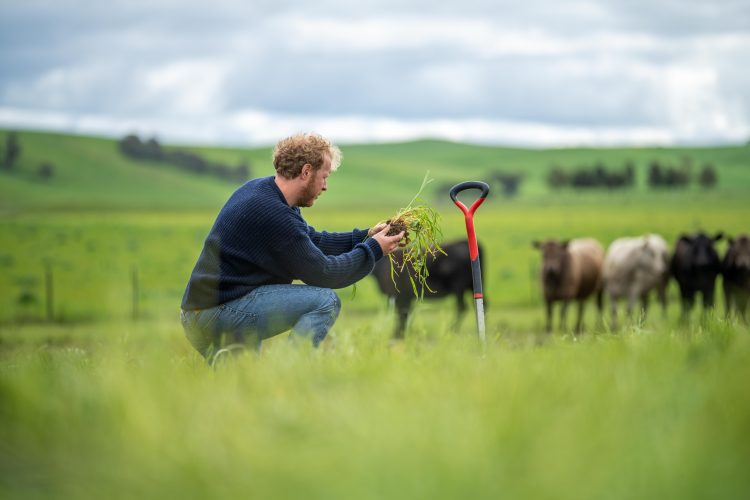ADM shares strides in global regenerative agriculture

Sharing the work it has been doing in the way of sustainability, ADM has unveiled its first annual report showcasing its global regenerative agricultural efforts.

American multinational food processing company ADM has published its Regenerative Agricultural Report, showcasing the progress it has been making towards its global regenerative agriculture goals.
Paving the way with its sustainable agriculture supply chains, ADM’s inaugural Report includes a broad range of information on ADM’s global regenerative agriculture efforts, including the ways ADM defines and approaches regenerative agriculture in areas across the world, the company’s enrolments to date, and outcomes such as the sequestration of 115,500 metric tons of CO2 and reduction of CO2e emissions by 253,000 metric tons in 2022.
In addition the company has a goal of having four million enrolled acres by 2025 and says it wants this to have the potential of reducing and sequestering CO2 equivalent to what would be emitted by powering 100,000 homes for a full year
“As we continue to accelerate our industry-leading global regenerative agriculture program, we believe it is important to report on our progress. This work is critical to our company and to our planet. We’re proud of our progress, and we’re excited to continue to expand our efforts around the globe,” said Greg Morris, president of ADM’s Ag Services & Oilseeds business.
Shaping a sustainable future for regenerative agriculture, ADM’s principles are reportedly based on Indigenous ways of land management and are adaptive to local physical conditions and culture.
The principles include minimizing soil disturbance, maintaining living roots in soil, continuously covering bare soil, maximising diversity with emphasis on crops, soil microbes and pollinators and responsibly managing inputs including nutrients and pesticides.
Committed to creating value for the entire value supply chain, ADM has partnered with various companies to implement and scale regenerative agriculture.
It works with downstream customers including PepsiCo, Nestlé and Carlsberg and also has technology partners like Farmers Business Network. In addition it works with conservation organisations like Practical Farmers of Iowa, Ducks Unlimited and American Farmland Trust.
In the way of sustainability, ADM is also engaging in industry initiatives and coalitions such as Field to Market, Cool Farm Alliance and Sustainable Agriculture Initiative; while working with partners such as the National Black Growers Council to support underserved segments of the industry; and leverages funding opportunities to bring more value to farmers, such as through the National Fish and Wildlife Foundation as well as participation in USDA’s Partnership for Climate Smart Commodities.
To support farmers, ADM’s regenerative agriculture programmes feature direct financial support those working on the ground in agriculture and also offers “easy processes and cutting-edge technologies” to allow for low barriers to entry.
With research from its “Farming for the Future: The State of Regenerative Agriculture Program Adoption” report, ADM’s survey reaffirmed the promise and potential of regenerative agriculture practices to help meet growing consumer demand for sustainably sourced products while building business resilience for the companies that meet those needs. What’s more, ADM has recently announced the launch of its regenerative agriculture programme in Brazil, which is targeting 300,000 acres by 2027.
Sharing its work on regenerative agriculture, ADM will be highlighting its efforts at COP28 and will be partnering with the World Climate Foundation to host a panel exploring the role and importance of cross-sector action and investment in catalysing the futureproofing of agriculture and food systems.
New Food will keep its readers with updates during COP28 and further insights from ADM regarding sustainable regenerative agriculture farming.
Source: newfoodmagazine.com

